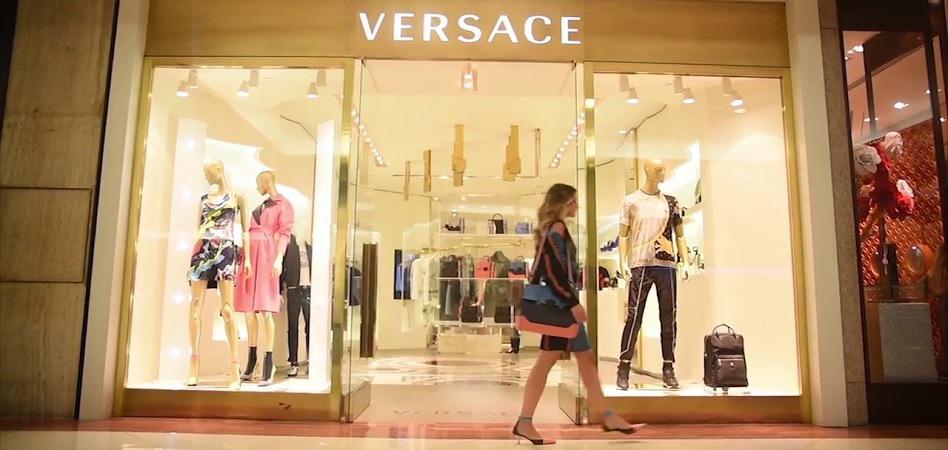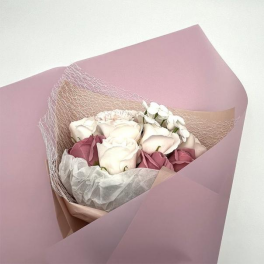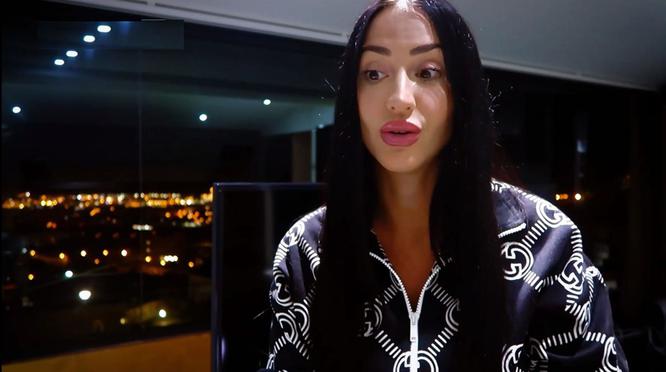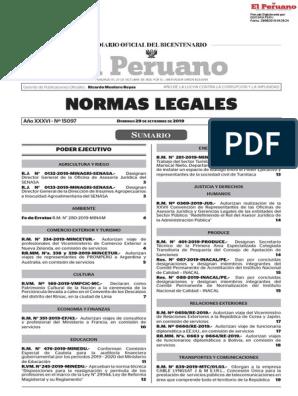From Versace to Chanel: luxury in Brazil holds its breath in the face of the Bolsonaro era PREMIUM MODAES PREMIUM MODAES
“It is a very complicated market.” This excuse has been repeated over and over again in the last three years, being the final phrase with which the luxury giants said goodbye to the Brazilian market. But not only high-end brands succumbed to the vicissitudes of the South American country, but also cosmetic companies such as Lush or Nyx or premium fashion such as Ralph Lauren.
Jair Bolsonaro has just completed a hundred days in the Palacio de la Aurora, however, his campaign promises with a protectionist tone have not yet been carried out. The former army captain has been fighting in the first months of his mandate against the internal disputes of Brazilian politics, leaving on standby his far-right threats and the possible exit from Mercosur.
But Bolsonaro's arrival in power has been nothing more than another reason to keep fashion brands away from the Brazilian country. In 2014, Brazil succumbed to one of the worst crises in its history and with it began the withdrawal of numerous fashion and cosmetics companies. In the last three years, 25% of luxury brands have backpedaled in the Brazilian market.
Versace, who landed in Brazil in 2014, closed the last store he had in the country
The last company to put an end to its operations in Brazil was the Italian Versace, which closed the only one it had in the country at the end of last year and has not reopened it. The luxury company, owned by Capri, landed in the Brazilian market in 2014, the year in which, despite the beginning of the crisis, many companies began their operations in the country within the framework of the World Cup. The Italian group came to have stores in São Paulo, Rio de Janeiro and Fortaleza.
Another of the luxury companies that backed down in Brazil was Chanel. In 2018, the French company closed the establishment it had in the Shopping Cidade Jardim mall, in São Paulo. Ralph Lauren, Kate Spade or the Vacheron Constantin watchmaker were other groups that said goodbye to the Brazilian market in recent years.

Brazil, cradle of giants such as Renner, Hering or Riachuelo, has been for many years the most attractive Latin American market for luxury brands. Despite the withdrawal of some companies, Brazil is the country in the region where Hermès has the largest number of stores. Other groups that maintain their operations in the Brazilian market are Louis Vuitton, Cartier or Fendi.
The IMF foresees improved growth forecasts for the Brazilian economy for 2020
Despite this context, the Italian Bottega Veneta, owned by the giant Kering, has recently opened its first store in Rio de Janeiro. With this opening, the company adds three establishments in the country.
In Brazil, luxury is concentrated between São Paulo and Rio de Janeiro. In the absence of luxury department stores, shopping centers are the best landing strip for high-end companies, especially the complexes of the Iguatemi group.
Beyond luxury brands, cosmetics has also succumbed to the Brazilian crisis, in a territory dominated by local giants such as Natura or Granado. One of the latest victims was L'Oréal, which announced that it will close all Nyx outlets in the country. The brand of the French giant is joined by the British Lush, which withdrew again from the Brazilian market, after trying from 1999 to 2007.
Todomoda and Isadora will open a hundred stores in Brazil this year
The Dutch giant of large distribution C&A, which has the largest share of the fashion market in Brazil, began its restructuring in the country in 2016, with the closure of twelve of its stores.
Just as Bottega Veneta has once again bet on the Brazilian market, other fashion companies have also put their chips in the country. In the last update of forecasts, the International Monetary Fund (IMF) predicted that Brazil will grow 2.1% in 2019, which represented a cut of 0.4 points compared to the forecasts of last January. Instead, the entity trusts the future of the Brazilian economy, which will expand by 2.5% in 2020.
This year, the Argentine Blue Star Group will land in the country with a hundred stores of its two chains Todomoda and Isadora. On the side of local companies, Brazilian operators have also made progress in the country. Centauro has once again tested its leap to the parquet, while Carmen Steffens women's fashion opened a flagship store on Avenida Oscar Freire Jardins in São Paulo, the second most expensive street in Brazil.


